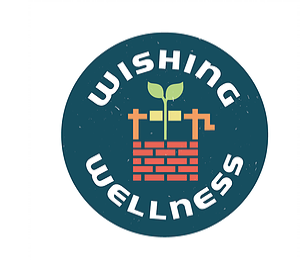When selecting a sunscreen, make sure the label says:
Broad spectrum: The words "broad spectrum” means that the sunscreen can protect your skin from both types of harmful UV rays — the UVA rays and the UVB rays.
SPF 30 or higher: The American Academy of Dermatology recommends that you select a sunscreen with an SPF rating of 30 or higher.
Water resistant: Doctors also recommend that you look for the words "water resistant.” This tells you that the sunscreen will stay on wet or sweaty skin for a while before you need to reapply. Water resistance lasts either 40 or 80 minutes. Not all sunscreens offer water resistance.
Since its inception in 1979, The Skin Cancer Foundation has always recommended using a sunscreen with an SPF 15 or higher as one important part of a complete sun protection regimen.
Other tips on how to enjoy Summer in Las Vegas:
Seek the shade- It's a dry heat!
Avoid tanning and UV tanning beds- really pls don't
Cover up with clothing, including a broad-brimmed hat and UV-blocking sunglasses.
Use a broad spectrum (UVA/UVB) sunscreen with an SPF of 15 or higher every day. For extended outdoor activity, use a water-resistant, broad spectrum (UVA/UVB) sunscreen with an SPF of 30 or higher.
Apply 1 ounce (2 tablespoons) of sunscreen to your entire body 30 minutes before going outside. Reapply every two hours or immediately after swimming or excessive sweating.
Keep newborns out of the sun. Sunscreens should be used on babies over the age of six months.
Examine your skin head-to-toe every month.
See Dr Scott for a professional skin exam.
We are booking skin consults all month.
Call us to schedule a skin cancer screening with Dr. Scott

